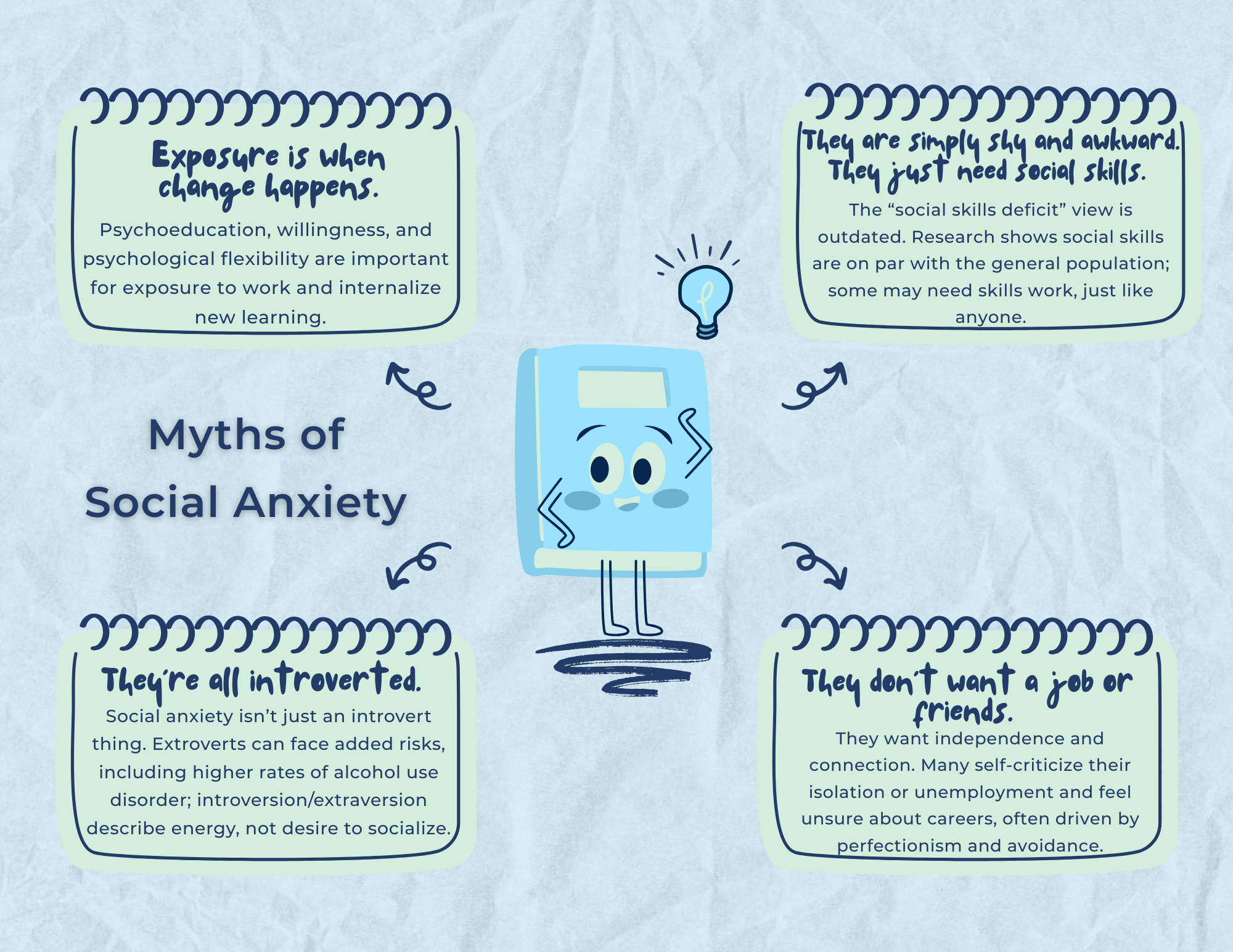Master the Shame Lens:
A Trauma-Informed Approach to Treating Social Anxiety Using Acceptance and Commitment Therapy
Your clients aren’t fragile or resistant. They’re caught in a trauma response. Social anxiety is often shame in disguise, rooted in fear of humiliation and abandonment. Your understanding could be their turning point.
Plus: Discover the 6 Subtypes of Social Anxiety and the Trauma Narratives Behind Them to Pinpoint Interventions with Greater Precision.
Quick note: You may notice I use some big-picture language and highlight the more extreme ends of shame and social anxiety. That’s intentional, not to mislead but to keep the ideas clear and practical. This training is for continuing education, not a substitute for full supervision or comprehensive training, so take what’s helpful and use it in ways that best suit your clients.
It’s live now! Click below to get started!
Acceptance and commitment therapy (ACT) focuses on developing and enhancing psychological flexibility.
Additional trauma tools facilitate deeper change beyond flexibility. Self-compassion exercises foster a stronger connection with the inner critic. Narrative processing addresses limiting beliefs, shifts toward a growth mindset, and supports clients in transcending mere symptom relief to regaining control over their lives.
ACT breaks the cycle of rumination and perfectionism to unlock the brain to become more flexible and help clients choose their life instead of an inner critic choosing for them.
When will it be ready?
Its ready now!!
This is an On-Demand training for you to watch in the comfort of your office or home. If you prefer in-person, let me know! I’d love to share this with you in-person at INSPIRED’s office in Allen, Texas.
Learning Outcomes:
A fresh way to understand social anxiety through a trauma- and shame-informed lens while using relational frame theory.
Why both life experiences and genetics play a key role in shaping social anxiety.
Practical ACT strategies you can start using right away—designed to flow naturally with your own clinical style.



